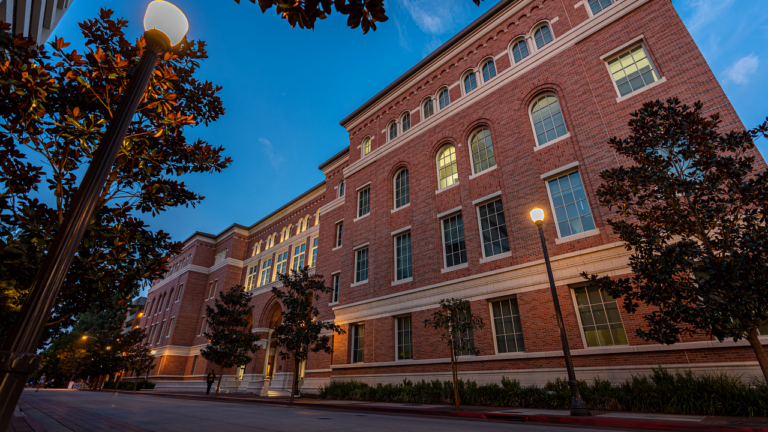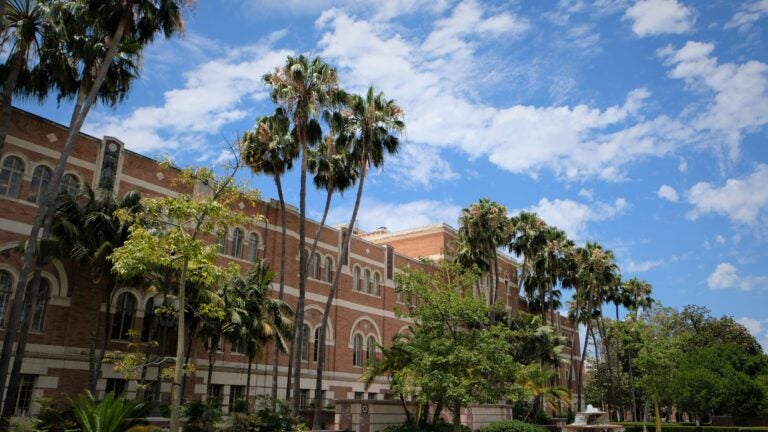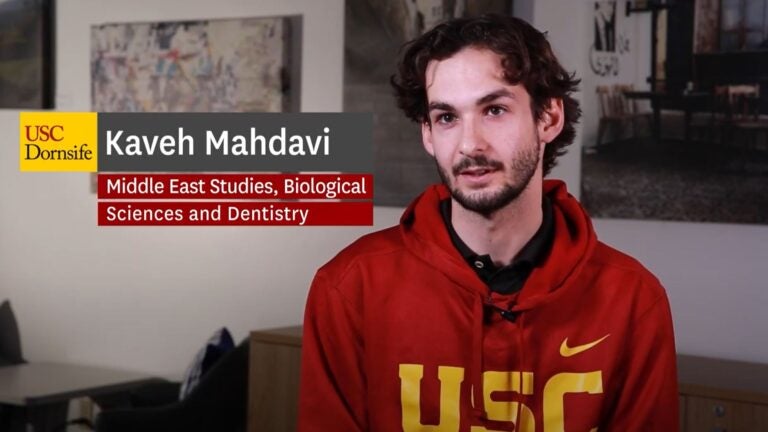In the Department of Middle East Studies, our faculty teach Arabic and Persian, from beginning to advanced levels, in our top-ranked language training programs.
Fashioned into a cohort-model, our students communicate with Persian and Arabic speakers, gain an insider’s perspective of region’s history and culture, and get direct access to some of the world’s greatest and most influential literature.
They learn these vital languages, taking their training to study abroad in countries like Morocco or Jordan and as stepping stones into their careers.
From our student
Paxton Lambright (Middle East Studies and Global Studies with an Arabic Minor)
Since graduation, Paxton relocated to Washington D.C. to begin her career in international development. Currently, she works with the Mandela Washington Fellowship for Young African Leaders’ Reciprocal Exchange component to support the formation of partnerships and mutual understanding between the United States and Sub-Saharan Africa.
As a Middle East Studies major and Arabic minor, I found my home in the Middle East Studies Department at USC with great faculty and peers. During my semester abroad in Jerusalem, I spoke both Arabic and Hebrew daily and developed a critical and nuanced perspective that has continued to serve me in my career beyond graduation.





